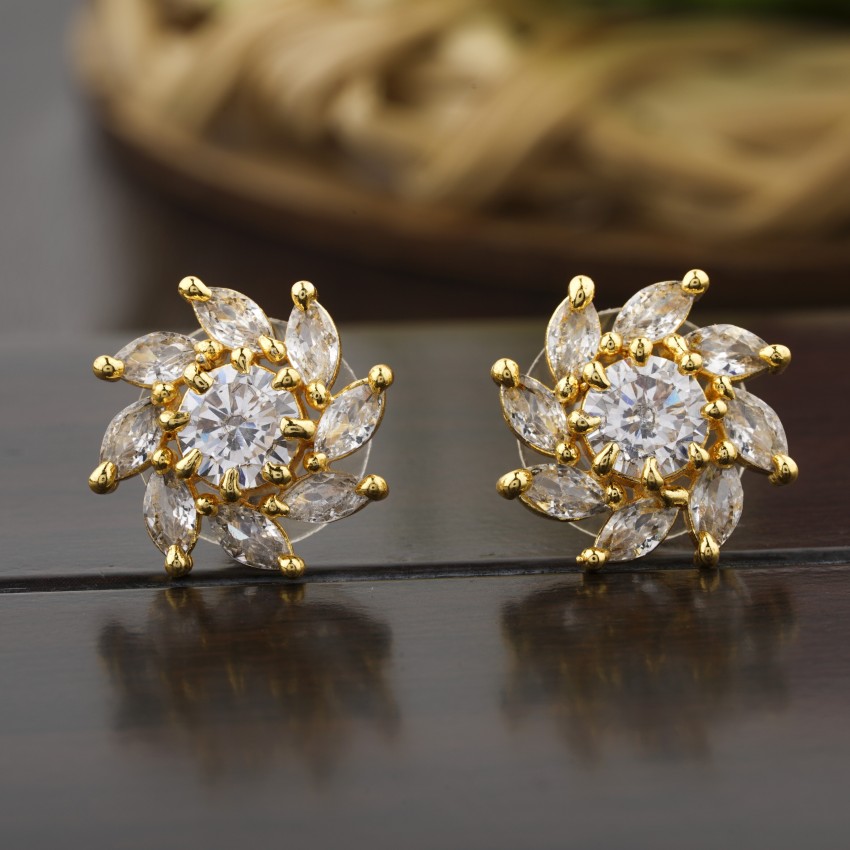The bisexual flag is a symbol of pride for those who identify as bisexual, meaning that they are attracted to people of both their own and other genders. The flag consists of three horizontal stripes, with the colors pink, purple, and blue.
The pink stripe represents attraction to people of the same gender, the purple stripe represents attraction to people of both genders, and the blue stripe represents attraction to people of other genders. The colors were chosen for their symbolism – pink for same-gender attraction, purple for attraction to multiple genders, and blue for attraction to other genders.
The bisexual flag was first introduced in 1998 by bisexual activist Michael Page, who wanted a visible symbol to represent the bisexual community. It quickly gained popularity and is now widely recognized as a symbol of bisexual pride.
Bisexual individuals often face discrimination and stigma within the LGBTQ+ community and society as a whole. Many people assume that someone is either gay or straight, and may question or dismiss the validity of bisexuality as a sexual orientation. The bisexual flag serves as a powerful reminder of the diversity within the LGBTQ+ community and the importance of acceptance and inclusivity.
In addition to the bisexual flag, there are also other symbols and flags that represent the bisexual community, including the biangles and the bi pride colors. The biangles are two overlapping pink and blue triangles, which symbolize the blending of the colors of the gay and lesbian flags. The bi pride colors consist of a combination of pink, purple, and blue, and are often used to represent bisexual pride.
It is important to recognize and support the bisexual community, as well as all members of the LGBTQ+ community. The bisexual flag serves as a powerful symbol of pride and a reminder of the importance of acceptance and inclusivity for all.










